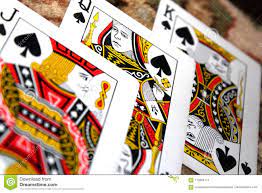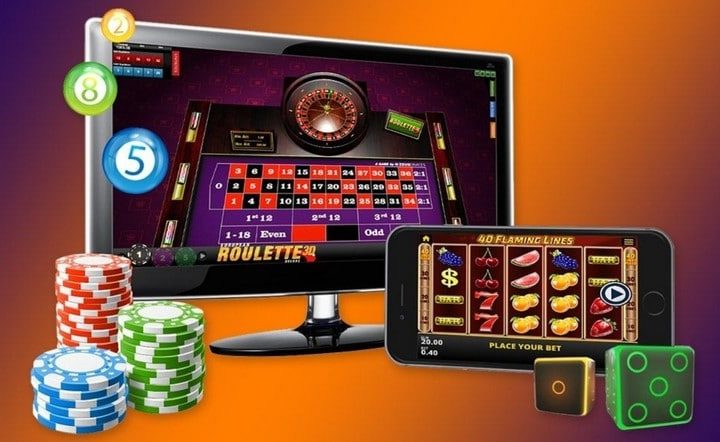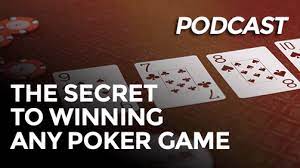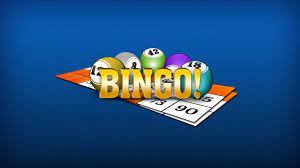These are hands that I see a lot of players have trouble playing and I see them in many of the hands played at a ring game or in a tournament. How do you play these hands? They seem like good hands to be playing, but they can really be tricky.
What is a King-Queen, King-Jack, Queen-Jack, Ace-Ten, or Ace-Ten? These hands are called “7Meter” because they are big like a royal flush, but unlike most regular poker hands they are not very profitable to play. Why? Because these hands are very difficult to get and you will not be successful without a big stack. Let’s say you have $10,000 in front of you and the blinds are $500-$200.
You are in the Big Blind with Q-Q. Players are limping in and you limp in as well. The player to the left of you raises to $300. It’s an interesting situation. You know you have the best hand here, but your stack is low and you don’t want to risk it just yet. You also don’t want to raise the $300 to $1,500 to a player that has a lot of chips. If you raise and get called, you still only have $900. He could re-raise to a lot of chips. Also, there are other players in the hand with different sizes stacks. You do need to remember this.
Ace-King is another hand that I see a lot of players have trouble with. Why? Because they feel like they have very little ahead of them. Yes, you do. But a lot of players feel like they have less than nothing and they shouldn’t be in that hand. Let’s look at an example.
We’re in the big blind and the player directly to the left of us makes a standard raise of $300. Everyone else folds to the original raiser and he calls. We have $1,800. Betting structure is $300 Raise, $200 Call, $100 Fold. We decide to call and see if the Ace or King will flop over the top for us.
The flop is Q-7-2. Two-seven beats our A-K. A bad flop for us, but not the worst. We figure our opponents have either top or middle pair, trips, or a set. So we keep betting out because we still have control of the hand.
The turn card is the 8 of clubs. Our A-K still looks like a lot of value, so we still bet out. our opponent calls again. Ohmagappers are still watching the cards to see if it’s a club. We figure they will fold since we bet out.
Now the river card is the J of clubs. Our A-K still looks good, so we bet out. our opponent calls. Does not make a lot of sense now. We figure he has top pair with a better kicker, or he hit the straight and missed. We have to make a decision. We either call and keep the hand more or we fold. We aren’t making any money if we fold now.
Finally the river card is the Q of clubs. We figure now that our opponent probably has a better kicker than we did with our A-K. Or he completely missed with his A-K. Either way, we call again.
- The showdown is our A-K unsuited.
- So we showdown $9,000.
- Our opponent turns over Q-J.
- Our opponent had Q-J!
- Q-J beats A-K.
- A-K beats Q-J.
- J beats A-K.
- A-K beats J.
One of the most confusing hands I’ve ever seen. How could our opponent have figured this out? Is there info that we didn’t know? Very simply, yes there is. And it wasn’t dumb luck. Our opponent made a big mistake, and made a incomplete hand.
Our opponent played an interesting hand. He had the top two pair. And when it came to the river, he showed quite a hand for a draw.
Suggestion
I like to remind people not to fall into the trap of playing too loose early or you will get a very costly surprise. As the saying goes, the difference between a good hand and a bad hand is the player. You need to play tight until there are enough good hands to win. Too tight and you will win early but not win often enough to make money. Tight betting early and a bit looser in the later rounds can reap some huge rewards.




